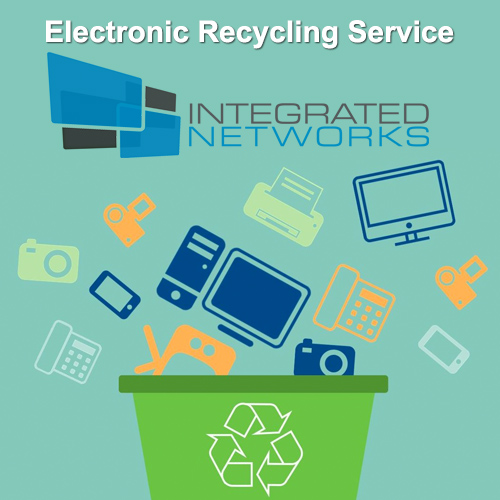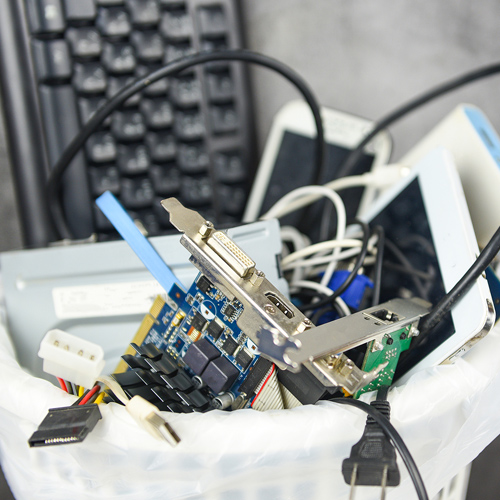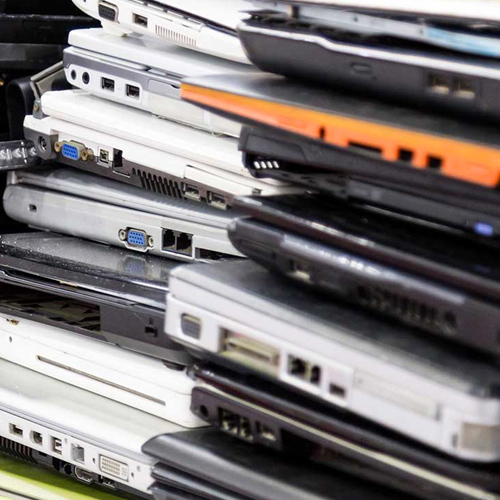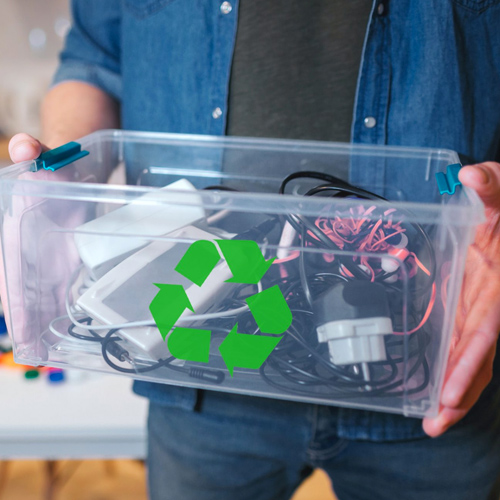Electronic Recycling
E-Waste and Electronic Recycling Services
Electronics are a common necessity for billions of businesses all over the globe. This is the era of digitalization and every company, regardless of the niche, wants to integrate technology as part of their day-to-day activities. This is a good thing. It enables us to do tasks quickly that previously required hours or even days to do. It helps us optimize our workloads and become more proficient at our jobs. But, the sheer amount of electronics has given birth to a serious problem that didn’t exist a decade or so ago; e-waste.
What is E-Waste or Electronic Recycling?
E-waste or Electronic Recycling is the disassembly and separation of components and raw materials of waste electronics. Any electronic device that is either obsolete, or isn’t needed by the company that previously owned it. The worst part about e-waste is that it isn’t considered to be as dangerous to the extent that it actually is.
We spend our entire lives around electronics which has developed the mentality that they aren’t hazardous. A computer sitting on your desk doesn’t pose any real threat.
But, our computers actually contain materials like mercury, lead, cadmium, arsenic, etc. If they aren’t disposed of properly, they could create a long list of illnesses and health related issues.
However, there are companies that are experts that know how to properly dispose of e-waste to ensure that it doesn’t end up hurting the environment in any way or form. Before we get to that, let’s talk about how you can reduce the waste so there is no need for electronic recycling at all.
How Can You Reduce E-Waste?
Futureproofed Purchases
Future proofing your purchases are always a good idea to reduce e-waste. If you don’t have to upgrade, you won’t have to toss your old hardware in the junk.
The best course of acting is to buy hardware that won’t go obsolete in the near future. Your requirements of how good of a computer the company needs obviously depends on what industry your company belongs to.
But, if you buy base hardware that won’t need to be changed in the future, for example, buying a motherboard that will support future processors, buying a case that can support future motherboards, etc. is a good way to future proof hardware.
Repair Whenever You Can
A lot of times, we don’t care for a repair. If the repair is a bit costly, we just go ahead and buy a new device even if it costs three times what the repair would have cost.
This isn’t the right course of action. If the previous hardware fulfills the purpose you need it for, it’s recommended to repair as much as you can. By keeping it in use, you’re keeping it out of the landfill.
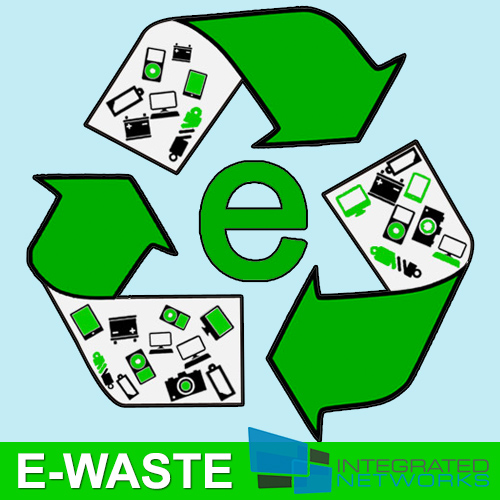

Computer Recycling, Electronic Recycling or E-Waste Recycling
No matter how careful you are, you will still create e-waste. There are going to be scenarios which will force you to toss your old hardware down the drain and instead buy new one.
When this happens, don’t just throw it out. Call an electronic recycling company that can dispose of the hardware properly.

